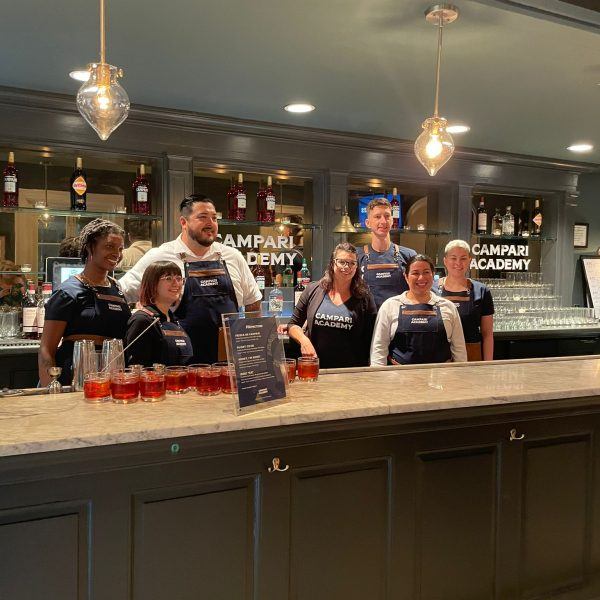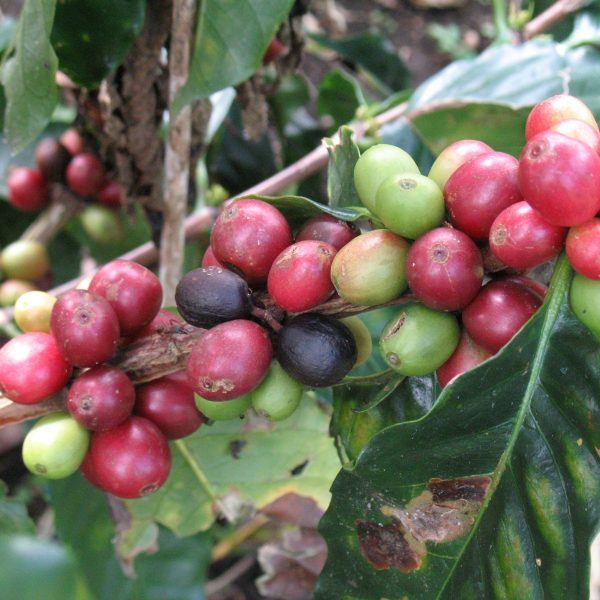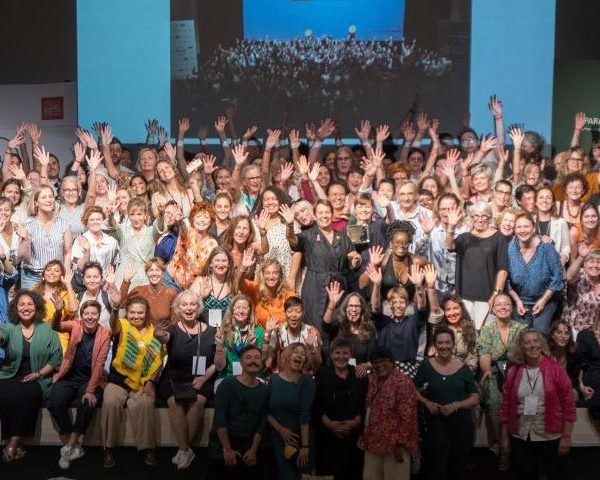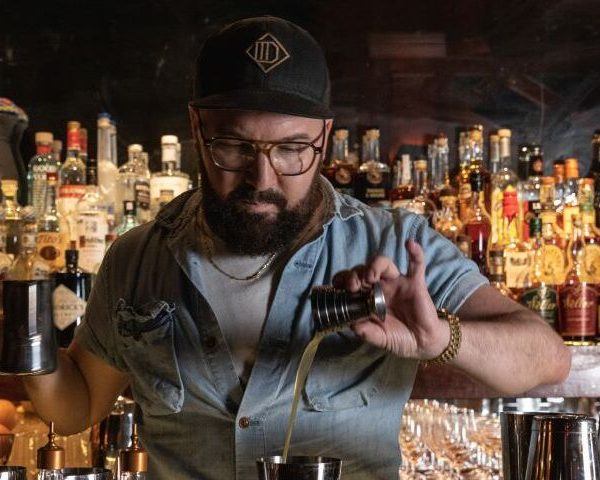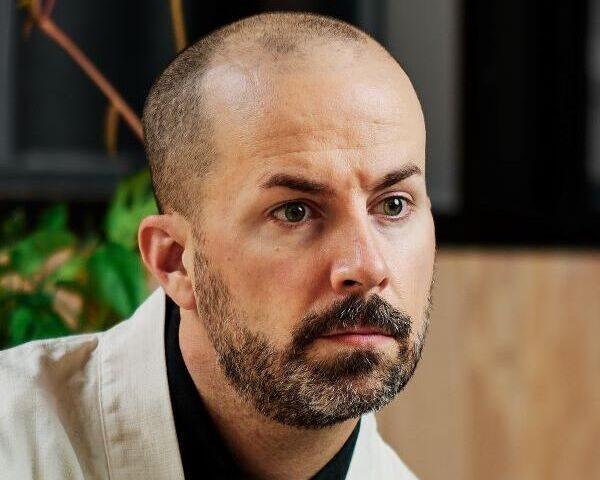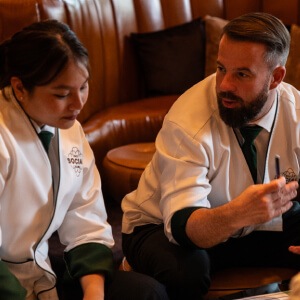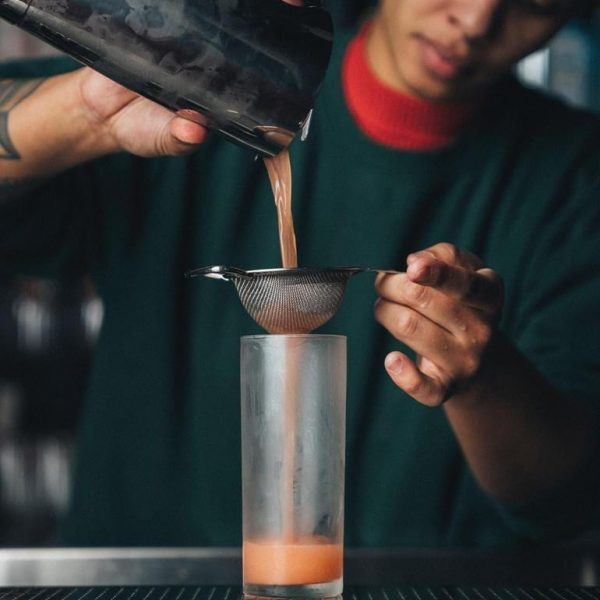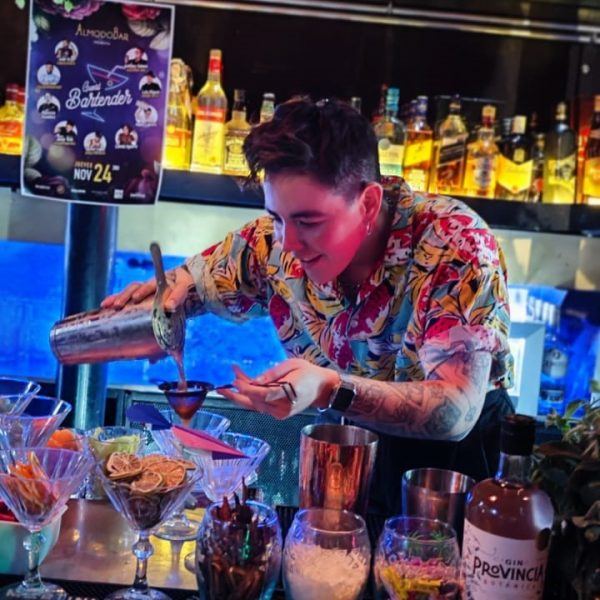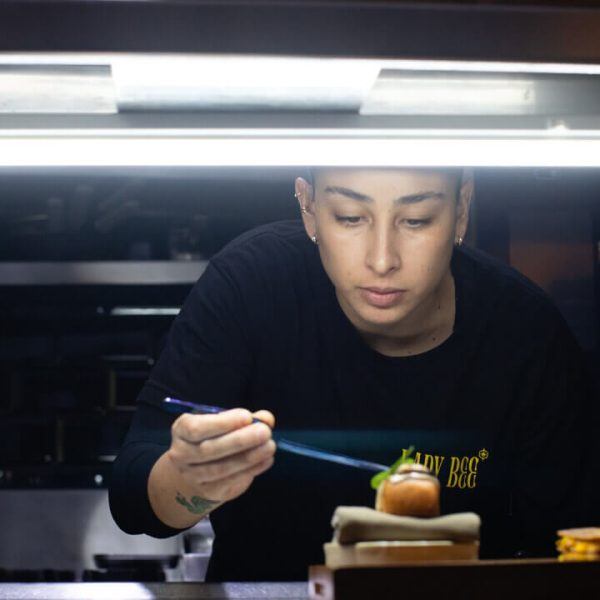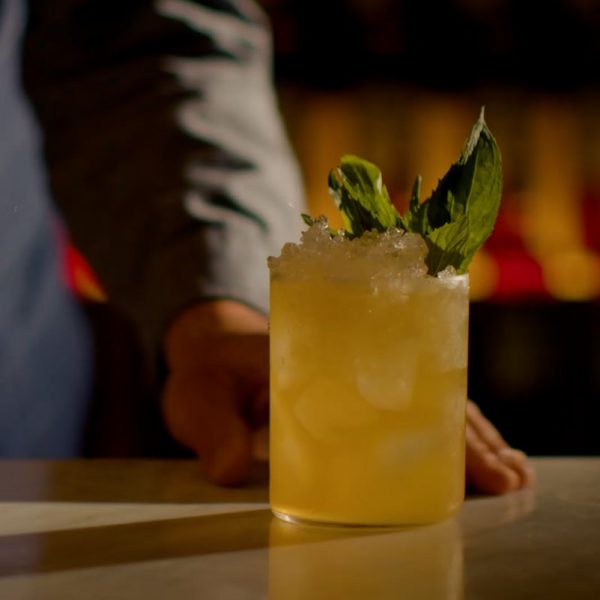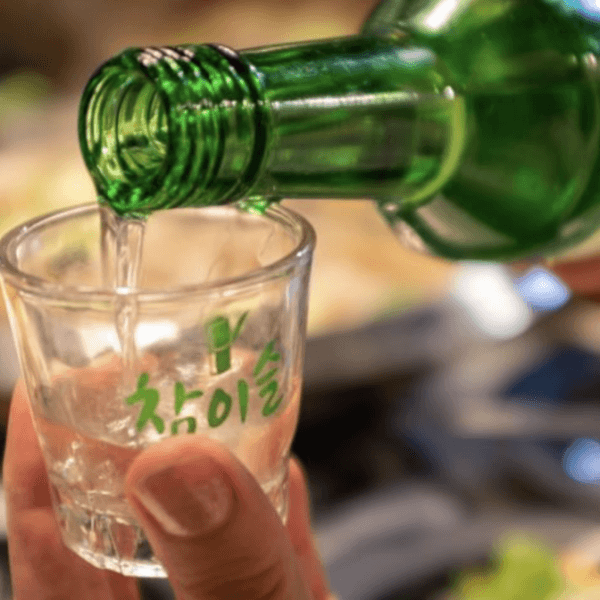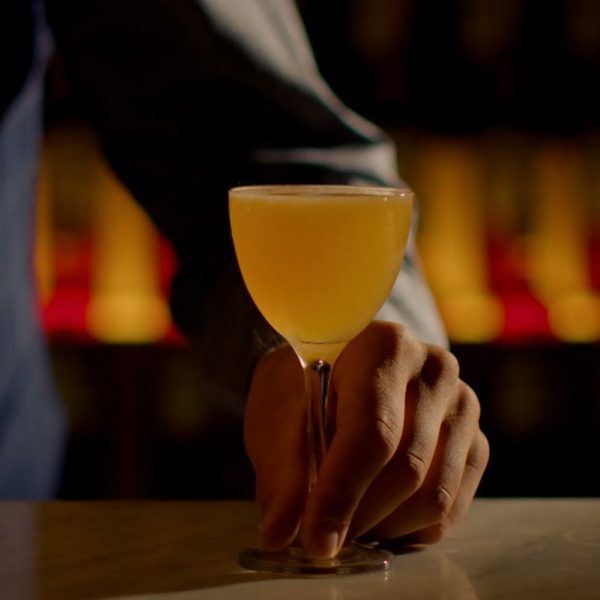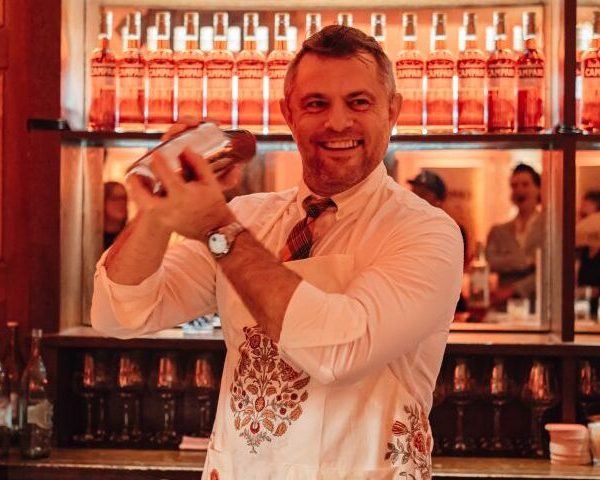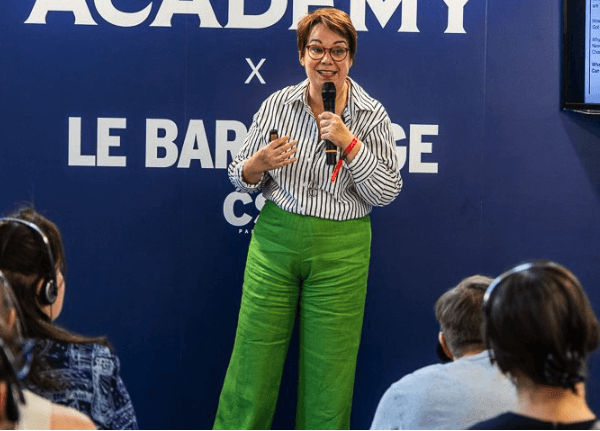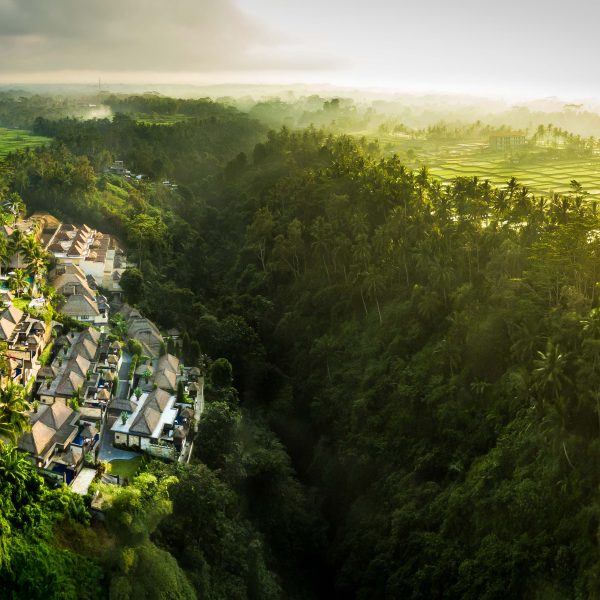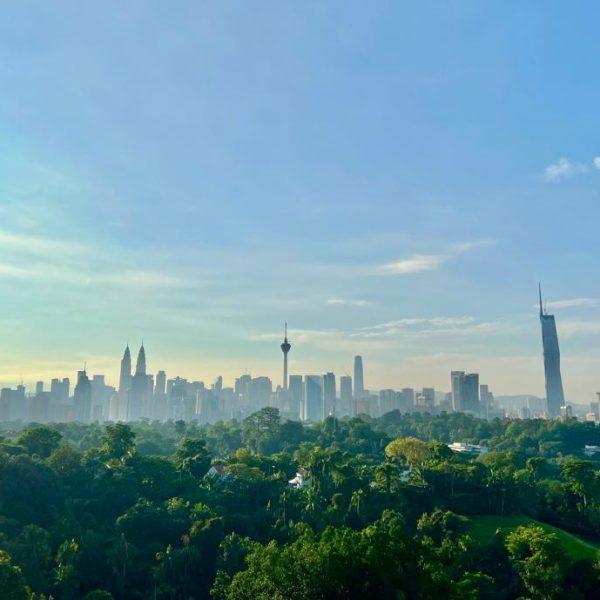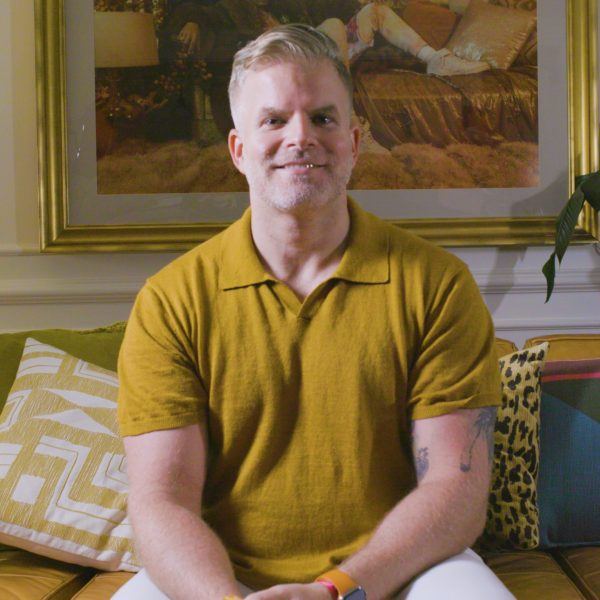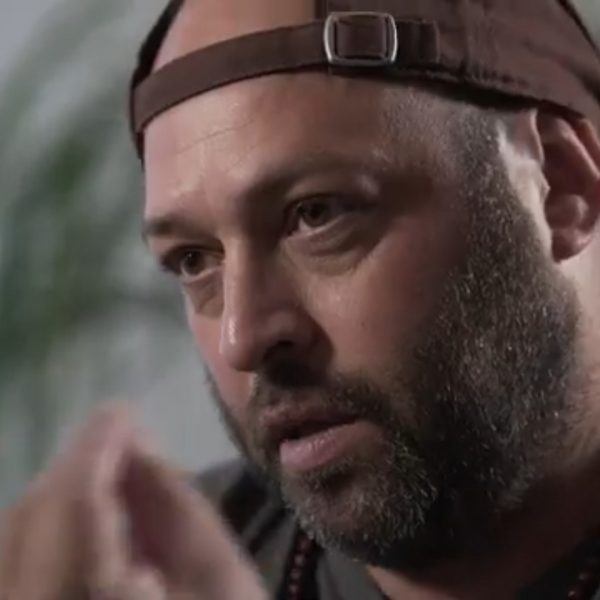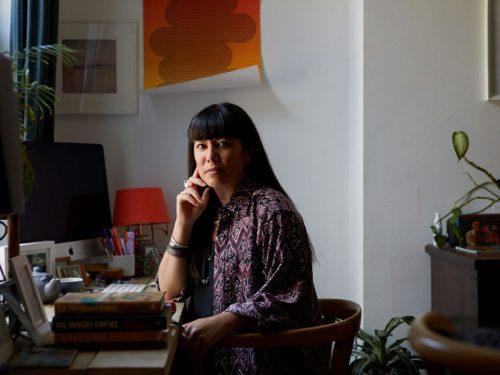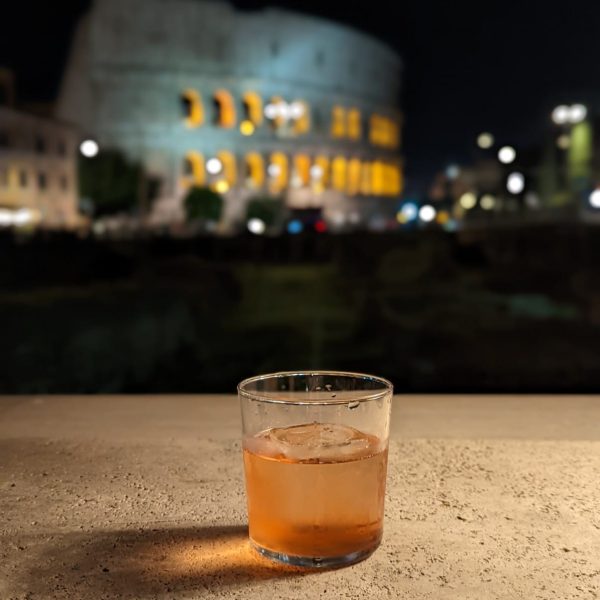Ivy Singh-Lim is fighting for Singapore’s farming future
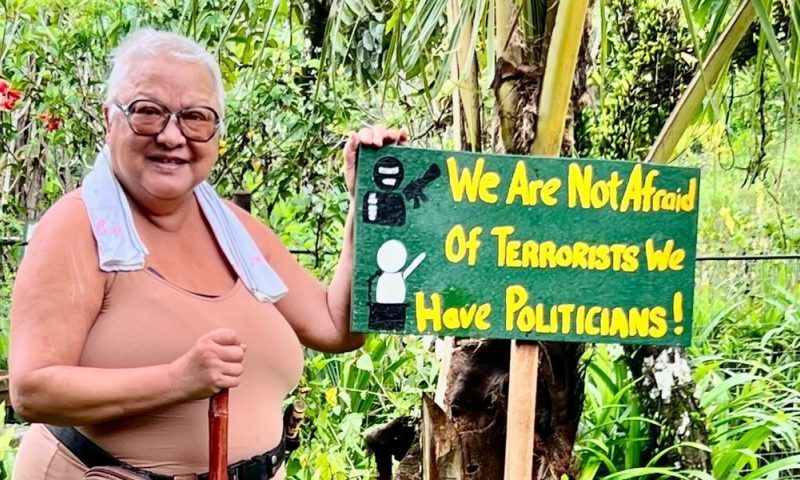
She could have spent her retiring days anywhere in the world: instead, Ivy Singh-Lim decided to come back to her native Singapore, establishing Bollywood Farms and fighting for her country’s future
A short 30-minute drive north of Singapore’s Marina Bay, there stands a quiet porched house, overlooking a pond, the only sounds to be heard are those of the surrounding nature. It’s where Ivy Singh-Lim decided to retire, together with her husband Lim Ho Seng – not the retirement one can imagine, though. They came back to their native Singapore in 2000, after realising a golden third age was not what they wanted; away from the centre’s lights and chaos, they tendered for this 10-acre lot in a suburb known as Kranji, which hosts some interesting landmarks: a military base, where Kranji War Cemetery and Memorial stands, punctuated by Singh-Lim’s renowned Bollywood Farms.
The only daughter among four children of one of the biggest landowners in Singapore, as well as being a whisky enthusiast, the ‘Gentle Warrior’ as she is known in her community (and beyond), was born in Singapore in 1949. Her connection to the land started early: “I am the laziest person in the world, but I was introduced to farming very young. We had a big estate where I got in touch with hunting, fishing, cooking.”
Back to nature
Bollywood Farms’ (formerly named Bollywood Veggies, rebranded in 2021) journey has been transformative: from a weedy square of land it has been personally restored into the inclusive, hard-working, education hub it is today. Singh-Lim’s kingdom goes beyond being a farming project too: it’s a unique environment that comprises Poison Ivy Bistro, a museum, a cooking school, a weekend market, a social sustainability program, and (somehow) a political movement – and that’s not even the complete list.
“People need to go back to nature. This is the real future, this is what people need.”
It’s a microcosm powered by a deep connection to the environment. It’s one of the topics Singh-Lim advocates the most for, underlining the necessity of focusing on what’s important for the system to further develop. As one of her claims goes, every country needs a countryside: “People need to go back to nature. This is the real future, this is what people need; we witnessed it during Covid, more so in a country like Singapore, a true concrete jungle. We have military grounds that should be converted into farms, blocks of flats too: instead of planting without a real project, we need roofs designed to collect water and help create self-sufficient farms.”
Singh-Lim’s mission is not an easy one though: “Going back to nature means working with it too. Nothing in Singapore can be organic, because everybody is spraying [chemicals]… We are planning to use sodium bicarbonate as a clean alternative… We help nature, by using it.”
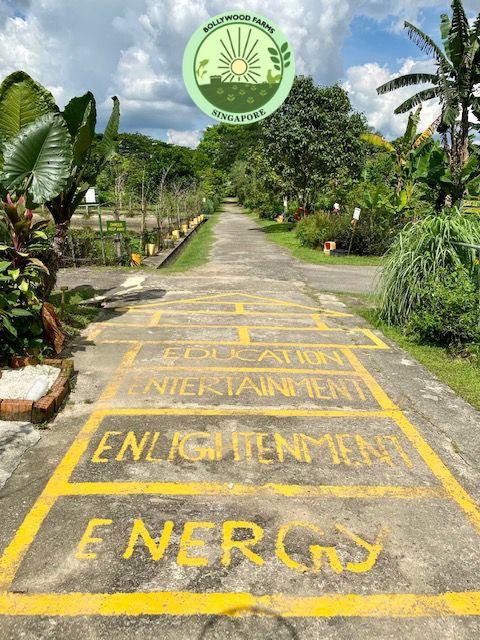
Mission and vision
Visitors come from all around the world to reconnect with the wild and pay Singh-Lim a visit. ‘Mama Ivy’ has played an invaluable role for the local community since Bollywood Farms’ inception, allowing for disadvantaged families to retain their dignity and contribute to make a change through its Path Finder program. It was launched in 2013 with the purpose of providing Singaporean youth with financial support, work experience and a chance to find their way in the food and beverage business, from management to operations.
“I’m a very fortunate Singaporean, I always had money and energy. I wanted to give back, but I do not support charities, which too often are run by dishonest people. With the Path Finder program we hire young adults from disadvantaged families to help them with work, education, benefits: we support our neighbours to be better, it’s the only way to foster a healthy environment, both socially and economically.” Employees work 20 hours per week and are paid S$1,500 a month, after taxes; it’s a part-time job, and they’re not allowed to work during school exams period. Bollywood Farms employs 20 workers, equally split in locals and foreigners: “And I know everything about all of them,” Singh-Lim smiles.
“I’m a very fortunate Singaporean, I always had money and energy. I wanted to give back, but I do not support charities, too often are run by dishonest people.”
Bollywood Farms’ goal is to help develop Kranji Countryside into a vibrant community with varied farms, recreational amenities, a farmer’s market, nature paths to explore Singapore’s remaining wilderness, and bolster local food production. It’s situated in the heart of Kranji, a much sough-after area in Singapore – Singh-Lim sees it as Singapore’s Napa Valley. Being an exceptionally fertile area for farming, she’s completely dedicated herself to maintaining it, founding in 2005 the Kranji Countryside Association (KCA): a representative body which focuses on governmental cooperation, to showcase and improve Singaporean agricultural landscape.
Five years later, Kranji Countryside was named best LOHAS (Lifestyle of Health and Sustainability) region in Asia, prompting a renewed interest (and investments) in the neighbourhood. In 2016, Singapore was the first Asian country to host the Commonwealth Agriculture Conference, with KCA organising it. It’s where good practices and entrepreneurship meet.
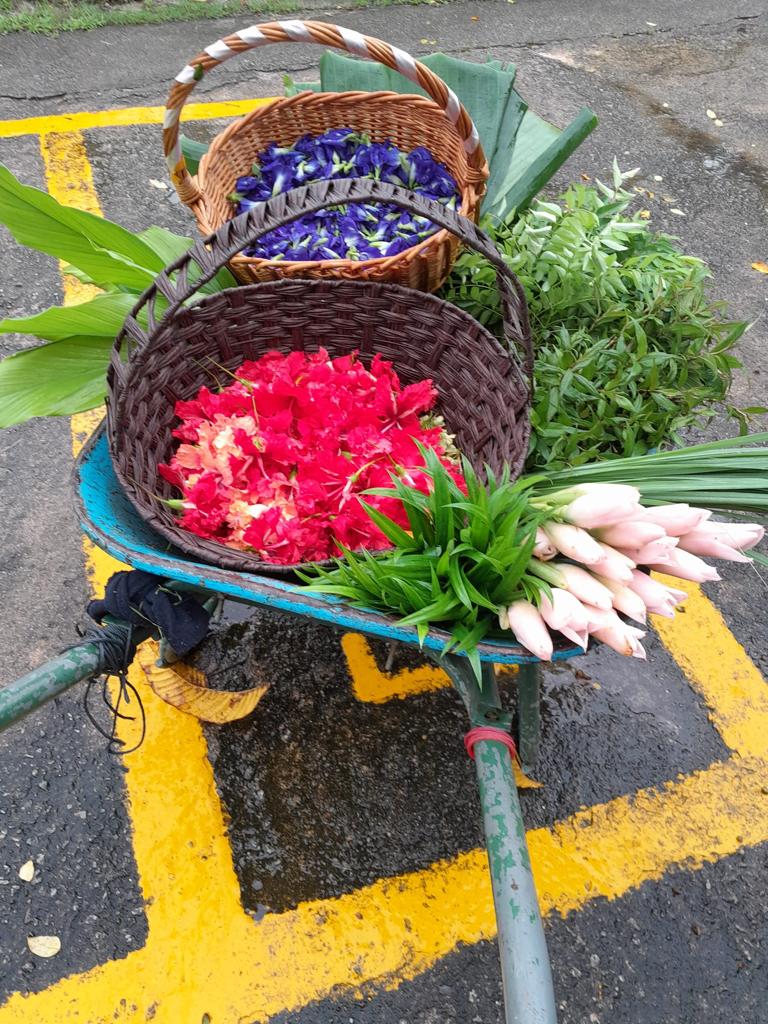
What’s missing?
Respectful farming and business vision are perfect partners, but not everything can be achieved by entrepreneurs or workers: according to Singh-Lim, the overall economic landscape must be re-shaped for it to improve and better fit what Singapore has to offer. “We don’t need to re-invent the wheel… Take Bali: every hotel has a farm next to it, with a kitchen that cooks produce coming from them, and you’d pay plenty of money for it. It will never happen here, because rules impose so [much], bureaucracy is too much. All our leaders come from poor regions, so farming is still considered to be peasants’ work, and they focus on showcasing skyscrapers and technology.”
“We are not afraid of terrorists, we have politicians.”
Political forces are a major challenge for Singh-Lim. Singapore Food Agency (SFA) was established in 2018, to embody all the food-related functions of the Singaporean government, previously carried out by the Agri-Food and Veterinary Authority of Singapore (AVA), National Environment Agency (NEA) and the Health Sciences Authority (HSA). It has announced to target at least 30% of local produce by 2030, though Singh-Lim digs deeper to talk about what really needs to change. And she does that pointing at a wooden sign she hung on a tree trunk, not far from Bollywood Farms entrance, stating ‘We are not afraid of terrorists, we have politicians’. “They don’t understand their role and their work. People in charge must be trained right about what they work with, and right now, they are not. For example: they say Singapore doesn’t have enough water for farming to be self-sufficient. Yet, we have 2.4mm of water every year. At Bollywood Farms we collect water with our own ponds and reticulation system and never have problems.”
Future of farming
General perception about farming must improve too, and that’s where every business operator can play a role. Whether a bartender, a chef, a supplier, Singh-Lim calls for financial transparency and strong cultural roots as being pivotal for the development of the industry: “Anybody in [a] business that involves farming, must understand that farming is a respectable and important activity. It’s a cornerstone of civilisation, and you can’t ignore it. Everything begins with it, so if you don’t pay farmers well, you won’t do justice to it, and you won’t allow for it to grow.”
“The rich must love your country. I was born in this country, I could live anywhere in the world, but I invested here, because I realise how important it is to give back.”
While 70% of the local workers in Singapore earn less than 2,000 dollars a year, Bollywood Farms’ staff are paid S$15 per hour, plus food and taxes. Decisional power, according to Singh-Lim, must shift to new generations’ hands, something she’s witnessed and is quite proud of: “I’m happy about the more young, honest, and educated people drawn to agriculture, that I’ve seen. And that’s the future. These people need to be in charge, for things to develop.”
That’s what led her to choose this new path, when facing the crossroads in her life: she gathered the experience and education she had and put them into servicing her country for its future. “The rich must love your country. I was born in this country, I could live anywhere in the world, but I invested here, because I realise how important it is to give back.” And back she has been giving for the past 20 years or so: chasing digital detox and reconnection to nature, giving opportunities to the local community while fighting upper powers for a better future, experimenting with healthy farming, and most importantly, never losing the sparkle to innovate and make an impact. “You need a free mind to be creative,” Singh-Lim recalls while showing a picture of herself with her husband, back when they first moved to Kranji. “Once you are not controlled by political or religious issues, you can contribute to make this world a better place.”

